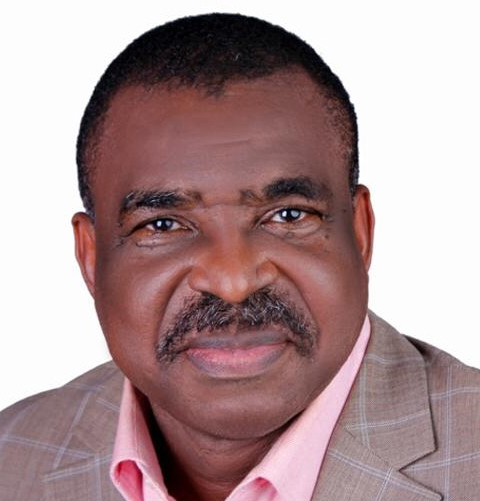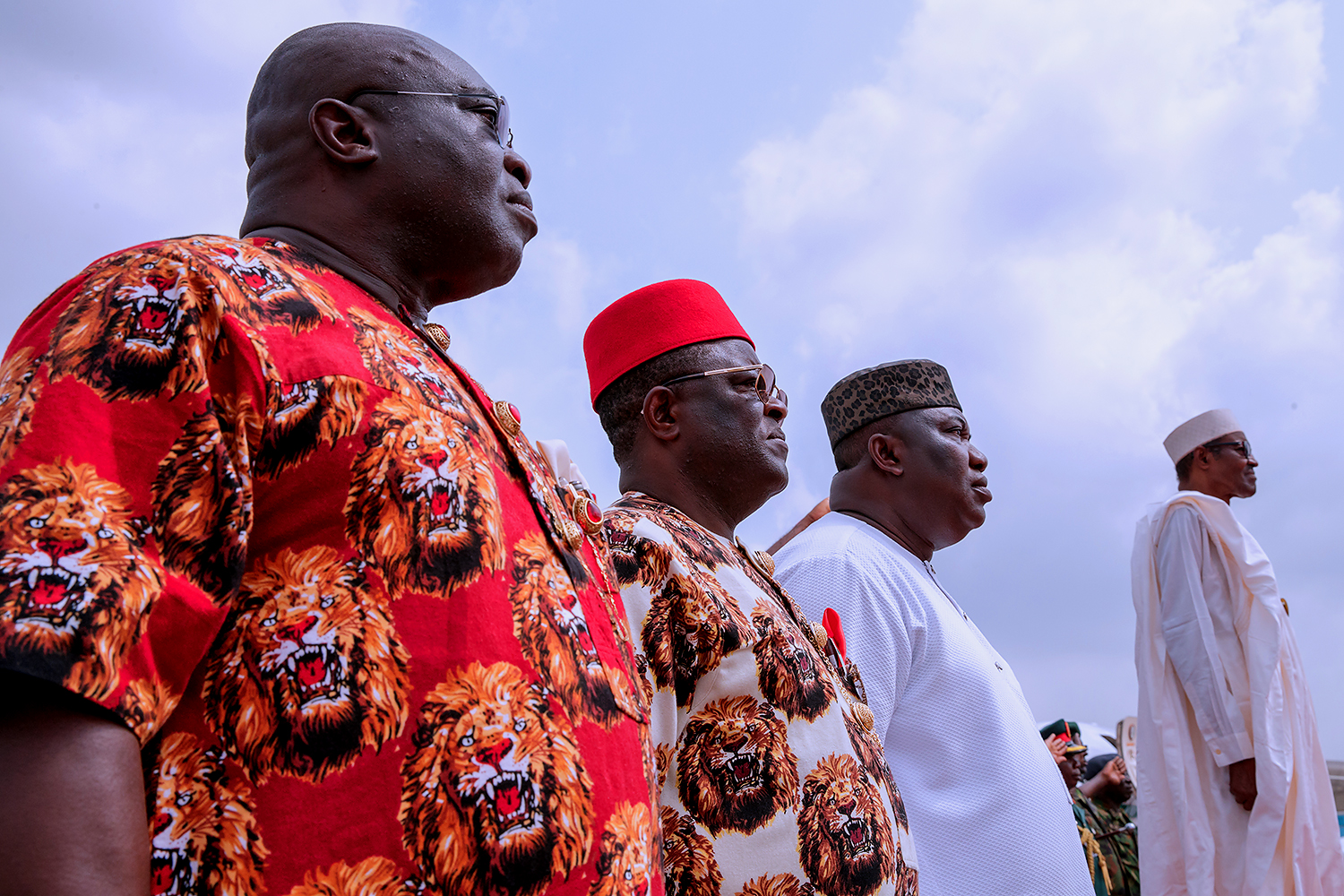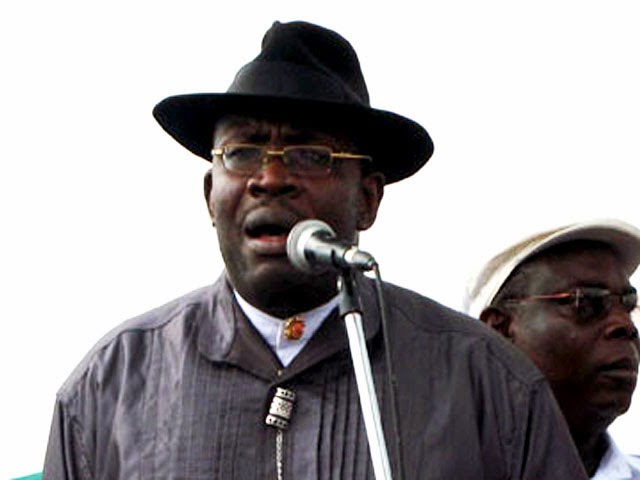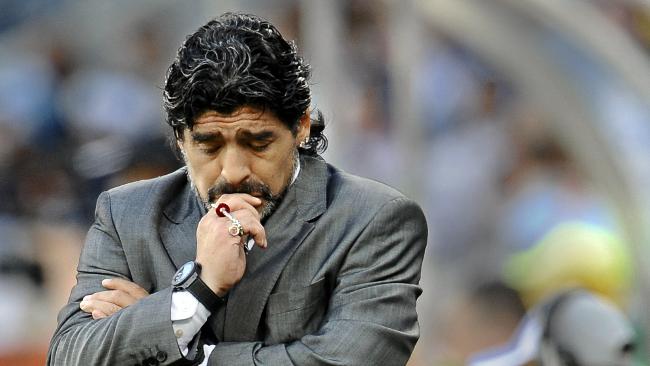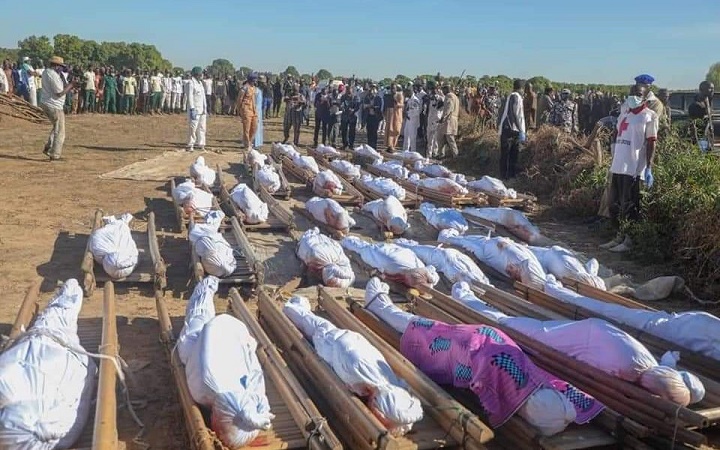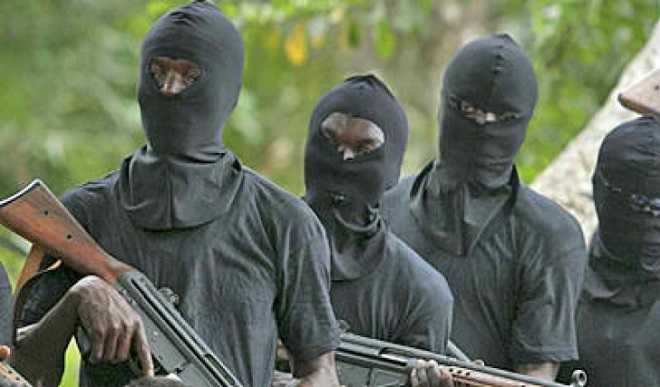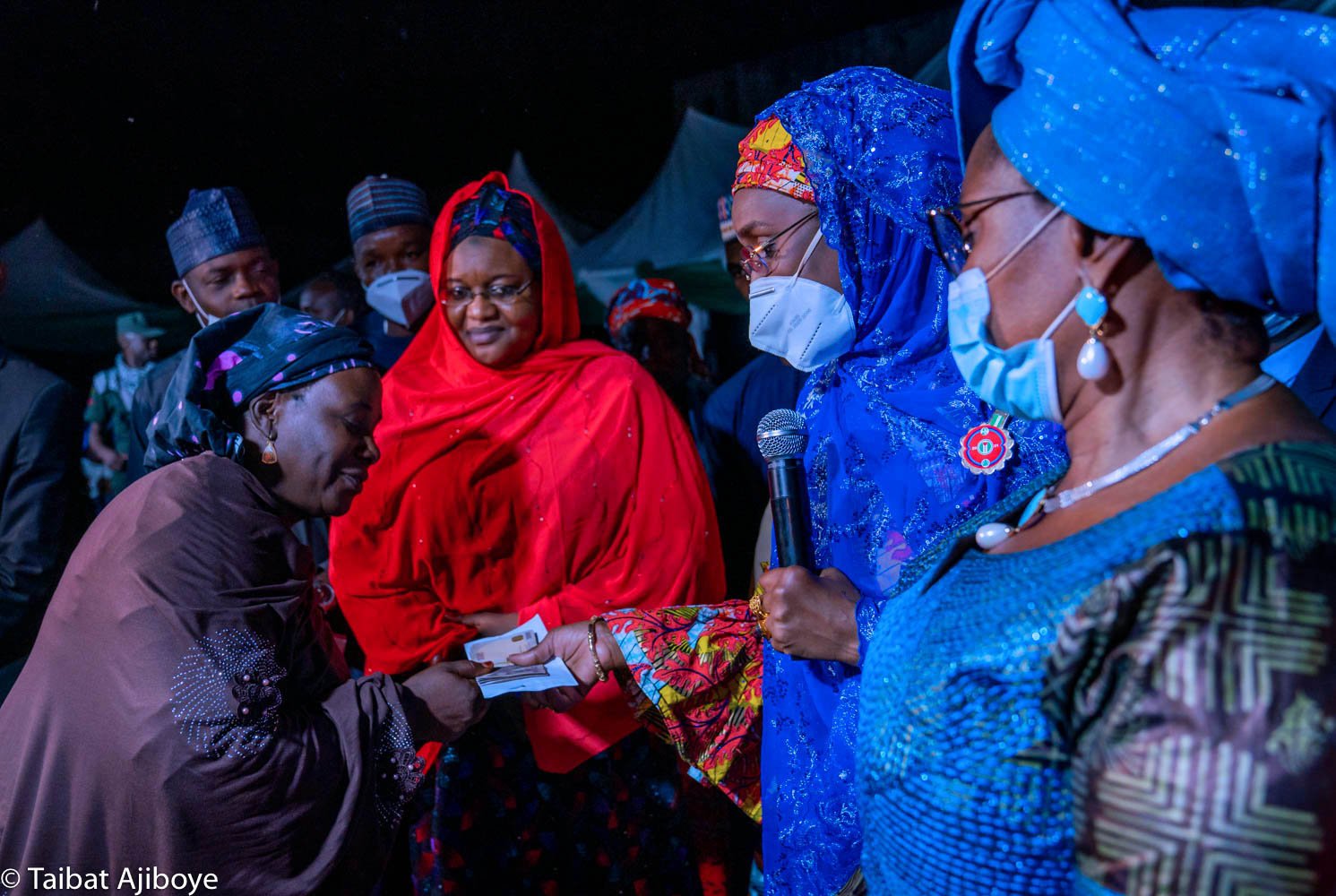The fear of dominance by one ethnic group over another in the Nigerian union has been with us since Lord Frederick Luggard, the representative of the British colonialist, amalgamated the southern and northern protectorates of the British Empire into one entity called Nigeria in 1914, with him as the Governor General.
Over hundred (100) years after and sixty (60) years post- independence from the colonialist, distrust arising from fear of dominance still occupies left, right and centre spaces of the politics and economy of the multiple ethnic groups in our beloved nation, Nigeria.
So much so that after the civil war of 1967–1970, the Igbo nation has been having a feeling of being treated by other ethnic groups in the union like a step-child whose future is not so bright.
Notwithstanding all the political mistakes made by some leaders of Igbo extraction, would allowing the tribe that is the third largest ethnic group in Nigeria to produce the next president in 2023 give the Igbos, who occupy the eastern flank of our country a sense of belonging?
Advertisement
Whereas my intention in this intervention is by no means to discourage the Igbos from their quest for one of their own to be Nigerian President in 2023, it is important to amplify the odds stacked against them by taking a deeper look at the presidency rotation calculus between the politicians in the northern and southern parts of Nigeria in critical ways that would reveal that it is more complex than it initially appears to be, especially to the uninitiated.
The underpinning reason for the above assertion is that there are more granular detailed angles to the rotation argument not in the public sphere that may vitiate the Igbo claim that it is their turn. And that’s simply because the rotation of the presidency agreement is for it to shift between the north and south, and not between the three major tribes of Hausa/ Fulani, Yoruba and Igbo or three regions of north , east and west which was the original make up of Nigeria at independence in 1960. It is mainly on the premise or ground that the presidency is rotating between the three major ethic groups that the Igbo presidency case can be made. The Igbos may not like the summation that the rotation between Northern , western and eastern regions seized to exist after the military took over governance but that’s the reality.
And at this juncture, a bit of historical background is apropos to put things in context.
Advertisement
Before the 1966 coup , the 1963 constitution which had the underpinning principle of true federalism and autonomy of the three regions was in operation.
But following the first 1966 coup in January which brought in General Johnson Aguiyi-Ironsi as the military head of state, the 1963 constitution got abrogated and thus ended the practice of true federalism, while ushering the country into a unitary system via the so-called unification decree no 34 of 24 May , 1966. What the Ironsi regime decree did was to lay the foundation for the centralization of government as it facilitated the putting into the exclusive and concurrent lists-some 62 items by some account, controlled by the federal authorities-functions that were hitherto vested in regional governments.
As the January 1966 coup was deemed as an Igbo coup, the counter coup six months after-July 1966 led by northern officers retained and sustained the unitary system with major elements of it incorporated into subsequent constitutions, including the 1979 and 1999 constitutions, foisted on the country by the military that birthed them.
Also let us not forget that in February of 1966, a month after Ironsi’s emergence as head of state, army Major, Isaac Adaka Boro made the first secession move when he declared the republic of Niger delta, now famously known as Kaiama declaration which was aimed at freeing up the Niger delta from perceived lgbo stranglehold .
Advertisement
According to recorded history , the secession or insurrection which was an action taken in protest and a bid to escape perceived Igbo dominance of power over the minorities in the region, was quelled after twelve days. And it has gone down in history as the first secession by an ethnic group in Nigeria and the first separatist movement that was rejected and quashed by the federal government.
Remarkably, and historically, it is the pair of General Aguiyi-Ionsi as Head of state and Colonel Chukwuemeka Odumegwu Ojukwu as governor of East-Central State (both of whom are of blessed memory) that ordered the quashing of the insurrection by the first ethnic group that sought to separate its self from Nigeria: a mission that was later embarked upon, barely a year after by Ojukwu himself in 1967 when he too declared the state of Biafra in his bid to separate the eastern region from Nigeria. The decision according to historical accounts was underscored and motivated by the mass killing of Igbos in the north and their subsequent exodus back to Igbo land due to the pogrom. Unfortunately, the Igbo secession resulted in the civil war that raged on till 1970 and cost our country massive loss of human and infrastructural resources or capital.
Ironically, a little over five decades after Adaka Boro, an Ijaw man on behalf of Niger delta people in 1966 attempted to decouple or liberate the region from the Nigerian union through secession and then Head of state, General Ironsi and governor, Colonel Chukwuemeka Odumegwu Ojukwu quashed the insurrection; an initiative that Ojukwu later copied from Adaka
Boro when he led the Igbos attempt to secede by declaring the east central region of Nigeria, the state of Biafra in 1967, the distrust and attrition still persist.
Advertisement
So essentially, apart from the Ijaw nation that first attempted to secede in February 1966 under the leadership of the indomitable Major Isaac Adaka Boro, an endeavour which was quashed in 12 days, the Igbo nation also attempted to secede in 1967 under the leadership of Col Chukwuemeka Odumegwu Ojukwu resulting in the civil war that lasted for three years. What is not in the public space is that the northern army officers who staged the counter coup of July of 1966 also wanted to secede. But they were later prevailed upon to demure by an unidentified adviser, whom some historians believe was then British high commissioner.
What this reveals is that while all the other major ethnic nationalities in the Nigerian union have at one time or the other attempted to or has had the intention to secede at one point or the other, only the Yoruba nation is recorded in history (I stand to be corrected) not to have contemplated seceding since the amalgamation of both the northern and southern protectorates in 1914.
Advertisement
And that appears in my view to be a veritable testimony that the Yoruba nation is one of the nationalities that is most committed to one Nigeria, until the current movement for Oduduwa state emerged recently.
Disappointingly, today, the Igbos via IPOB and MASSOB are still on the separatist path, albeit without engaging in armed struggles like Adaka Boro or Chukwuemeka Odumegwu Ojukwu.
Advertisement
What this suggests is that over 50 years after the civil war, nothing or not much has changed in our country with respect to the fear of dominance by one member or members of the union over the others. What’s sustaining the mutual suspicion?
Keeping in mind that it is under general Ironsi’s watch that the repeal of the 1963 constitution that was the bulwark for the practice of true federalism as reflected by regional autonomy was replaced with the unitary system now being agitated against by the southerners and the Niger Deltans in particular; and it is another Igbo leader, ex Vice President Alex Ekwueme that proposed the dividing of Nigeria into six (6) regions, just as it is a quasi Igboman, and southerner, ex president Goodluck Ebele Jonathan that in 2011 reneged on the 1994/1995 gentleman agreement on rotation of presidency between the north and south by contesting and wining the presidency against the spirit and letter of the agreement, which is currently generating suspicion and distrust from the north, it will be easier to see the point being made by those making the case that the Igbos may just be the architects of their own misfortune.
Advertisement
And if the Igbos fail to make it as the no 1 occupant of Aso Rock Villa in 2023, it may be deemed as a sort of poetic justice.
Although one is not trying to ‘beat up’ on the Igbos, but the forgoing truth underscores the argument against the notion that the Igbos have to take their turn in the presidency rotation agreement. Given the above backdrop, and looking at it from a broader prism, the Igbo case would only ordinarily be tenable if the presidency rotation arrangement was between the three major ethnic groups-Hausa/ Fulani, Yoruba and Igbo; and not just the north and south which is really the arrangement reached via the gentleman agreement during the 1994/5 constitutional conference.
That is why as a counter poise to the Igbo quest for the presidency , based on the form and substance of the gentleman agreement reached during the 1994/ 1995 constitutional conference, which the Igbos are basing their claim on, the north can make the case that only two Katsina State men – Umar Yar’Adua (2007 – 2010) and Muhammadu Buhari (2015 – till date) from north-west have or are currently benefiting from the shift of the presidency to the north.
Nobody from the north east or north-central states like Borno, Bauchi, Niger etc have enjoyed the benefit of having their son/ daughter as the first citizen of Nigeria, just the same way that only a south west person, Olusegun Obasanjo has enjoyed the taste of the presidency, when it was the turn of the south which comprises of the Yorubas, lgbos, ljaws, Urhobo, Kalabaris, Ibibios, Edos, Ikas etc who also are yet to have a taste of the presidency.
Again, for the sake of emphasis, that’s because the rotation agreement is between only two legs, north and south, as opposed to three legs- Hausa/Fulani, Yoruba and Igbo which the negotiators of the presidency rotation partnership at the 1994 /1995 conference cleverly reduced the presidency sharing formula to, and by so doing jettisoned the three legs-Hausa/ Fulani, Yoruba and Igbo tripod that the Nigerian union was based on when the country operated regionalism.
The reality is that the agreement during the 1994/5 constitutional conference was for power to rotate between the northern and southern protectorates that were amalgamated in 1914 by the British colonialists. The north recognizes it as such, but it appears as if the rest of the members of the Nigerian union maybe under the illusion that the agreement was made on the basis of the co-operation between the three major tribes and tongues/the three major ethnic groups-Hausa/Fulani, Yoruba and Igbo which played no significant role in the agreement. Hence the Igbos agitation that it is their turn to produce the president in 2023, on the basis of the gentleman agreement, may be untenable, except on compassionate grounds.
So what was achieved in that 1994/1995 conference is that the United Nigeria partnership that was standing on, or anchored on amalgamation and gradually developed into the tripod of three major ethic groups located in three distinct regions of the north, south since 1960, by omission or commission, got shrunken into an agreement between only two partners – northern and southern protectorates which was the original configuration .
May be the Yorubas and Igbos were not vigilant enough to observe that the north was reverting to the 1914 amalgamation template in the presidency rotation agreement , hence they may currently be feeling bunched together and therefore short-changed.
But it won’t be correct to assume that they entered into the partnership hypnotized or blindfolded. So I, and I guess most Nigerians, are not willing to place the blame on the doorsteps of the military, in the manner that they have been held responsible for foisting the 1999 constitution on the country.
The truth is that the northern negotiators were simply more savvy and adept in the act of negotiations and thus practically pulled the chestnuts out of fire successfully.
There is a reason that the British colonialists at the time they were granting Nigeria independence in 1960 and republic in 1963, modeled Nigeria after their own political system.
The ceding of autonomy to the various regions-northern, western and eastern -as enshrined in the 1963 constitution was perhaps based on the United Kingdom experience where autonomy is granted the Scots, Irish, and the Welsh with the English controlling the Westminster in the republic of United Kingdom and Northern Island. Why did Nigeria jettison the less expensive British parliamentary system, while opting for the very expensive presidential system practiced in the USA and which gives so much power to the president; and compels the dedication of an elephant size of the national budget towards buffeting a bloated and parasitic political class , leaving an ant size for infrastructural development that would benefit the masses, that’s now a scourge afflicting our country ?
Undisputedly, compared to American presidential system , the British Democratic system which is 216 years old and has proven to be very robust and resilient based on the principle of decentralization of governance, lends itself for emulation to Nigeria, especially because it is relatively less expensive to operate. And resistance to centralization is a major element that is driving the BREXIT initiative that is all about divorcing the UK from centralized government which was foisted on it by virtue of its membership of the European Union, EU that compels the control of the 28 nations members Union from its headquarters in Brussels .
Despite the complications and complexities arising from the ambiguities inherent in the presidency rotation agreement , and the odds stacked against the lgbo presidency aspiration, owing to the goal-getting and never-say-die spirit and abilities of the Igbos, nothing is cast in stone, so they can still regain their lost ground if they dexterously and positively woo other partners in the union by turning on their charm offensive in the manner that President Buhari wooed them when he was seeking their support to buoy his quest for presidential mandate which he received in 2015.
My optimistic prognosis of the situation is derived from the strong belief that the Igbos can learn from the experience of the Yorubas and the Hausa/Fulanis that have previously produced presidents of Nigeria. And that is that the process of producing the president of Nigeria never came on a platter of gold to them, but through grit and grime.
Therefore, what needs to be done now, in my opinion is for the Igbos to roll up their sleeves and hone their negotiation skills for the great task of political horse trading which is required for the fight for someone from their stock to be the next number 1 occupant of Aso Rock Villa in 2023.
Another snag that’s not in the front burner but critical is that should the presidential power leave the north for the south, it is not sacrosanct that the baton would be handed over to the Igbos. That is because, the south west, and in particular, the Yoruba ethnic group that held the presidency from 1999 – 2007 through Olusegun Obasanjo before handing over to the north, is still keen on taking over the presidency, a second time, on behalf of the south.
That may simply be because, whereas there should have been a clause on how the presidential power should rotate within the sub sets in the north and south regions, there is none in the 1994/1995 gentleman agreement hashed out during the constitutional conference organized by the late military head of state, General Sani Abacha.
That’s why despite the wise crack , ‘comets don’t come twice in a life time ‘ the president of Nigeria emerged twice back to back from Katsina State – And these are Umaru Yar’Adua, 2007 – 2010 and Muhammadu Buhari, 2015-till date.
Perhaps, the Yorubas are looking at replicating in the south, the experience in the north, whereby on the two occasions that power shifted there, the two men that emerged president since the return of multi party democracy 21 years ago hail from Katsina State, in the north-west, with north central and north-east being eluded or excluded on both occasions.
What the scenarios described above reveal is that there is a window of opportunity to be exploited depending on whose lens is used in assessing the gentleman agreement of the presidential power rotation agreement between the north and south. It is that weak point that may be exploited by the Yorubas to justify their attempt to produce the president from the south twice which is a legitimate aspiration .These are the facts that the Igbos need to take a closer look at to see how they can negotiate the treacherous and political landmines-ridden path in their journey to, or struggle to be the next tribe to be calling the shot in Aso Rock Villa.
For clarity, the identified weakness is that whereas the presidential power rotation agreement was between the north and south, provision was not made in the agreement on how it would rotate internally within the north and south where there are sub zones.
And the ongoing constitutional review process by the National Assembly, NASS under the chairmanship of Senator Ovie Omo-Agege, the deputy senate president, offers the best opportunities for our law makers to correct the error and for the Igbos to make their case.
While most, if not all the bumps on the road to Aso Rock Villa for the Igbo nation are surmountable via real politicking, the obvious bogey for them may be their republican nature.
A clear evidence of that is signposted by the spat between Labour Minister, Chris Ngige, governor of Anambra state, Willie Obiano and billionaire businessman, Arthur Eze,who recently publicly squared up against each other after the later led some traditional rulers from Anambra state to the presidency in Abuja for consultations.
Obviously, the politicians and the business man were trying to carve out their own fiefdoms which is reminiscent of how the Europeans carved up Africa in 1884-1885 during the Berlin, Germany conference. In a situtation where everyone with resources – financial or political is trying to be king or leader in their small enclaves in the east, how can real progress be made in the lgbo bid for the presidency?
The face-off in the media between one time Anambra state governor, Jim
Nwobodo and ex-aviation minister Mbazulike Amechi , is also a fall out of the struggle for the hearts and minds of the Igbo nation by actual and perceived political and financial musclemen. So also is the current struggle for the soul of Ohanaeze Ndigbo, the apex social cultural group of the lgbos where the renowned diplomat , Professor George Obiozor’s choice to the lead the group is being disputed by other contenders who are alleging imposition. That is a clear manifestation of the conventional wisdom “A house divided can not stand”
But unlike the Hausa/Fulani and the Yoruba nations, it has always been a Herculean, if not an impossible task to manage the Igbos in a manner that they would speak with one voice. That is partly why the Ohaneze Ndigbo does not have as much influence in the south east as Arewa does in the north and Afenifere in south west.
Whereas the republicanism – Igbo Ewon Eze (lgbos don’t believe in kings) ideological leaning, worked in their favour during British colonialism, as it enabled the easterners to be impervious to herd mentality which the colonialists desired and applied in the north and south west when they met existing kingdoms with vast spheres of influence and capitalized on it, the complexities with the Igboland that has only chiefdoms and a limited sphere of influence proved to be unmanageable by proxy.
Invariably, the philosophy that was advantageous to the Igbos in the colonial era, may be constituting a risk to, or impeding their quest for the presidency of Nigeria in 2023.
Worse still, a common goal and a central leader that is required to drive the initiative is currently lacking,since no one in the region appear to possess the charismatic follower-ship,cult leader-like persona, and magnetism that the late Chukwuemeka Odumegwu Ojukwu embodied and was the factor used in rallying the Igbos for the civil war of 1967 – 1970.
Let me conclude by referencing a view about the lgbos reportedly attributed to former president, Olusegun Obasanjo, which is that while the worldview of the Hausa/ Fulani may revolve around Kaduna and now Abuja; and the worldview of the Yorubas is around Lagos and Abuja, the Igbos view the whole world as their village. The truth is that the Igbos are not only republican in nature, but also very itinerant.
The ubiquitous description of the Igbos attributed to Obasanjo ( which l hope is correct) is reinforced in an essay written by Ikechukwu Amaechi, a former editor of Independent newspaper and publisher of online news platform, ‘The Niche’ who had posited in a piece published 02/09/2020, titled “Ndigbo: Scorned In Nigeria, Making Waves Globally“, that the lgbos who are being treated like outcasts in Nigeria, are getting very well entrenched abroad.
He illustrated his point by referencing Kaycee Madu an Igbo man who has been appointed minister of Justice and solicitor general of the province of Alberta in Canada and Charles Egbu, recently appointed vice chancellor of Leeds City University in the United Kingdom, UK.
That’s not discountenancing the feats achieved by Philip Emeagwali, the Nigerian/American inventor of the world’s fastest computer and Bernard Omalu, another Nigerian/ American medical doctor that discovered Concoction – a medical condition prevalent amongst American Football players, both of whom have lgbo origin.
The kernel of the narrative is that even as the Igbos are being choked or not being allowed to breathe politically in their country of origin, they are thriving offshore.
Undeniably, there is an existential crisis in Nigeria which allowing the Igbos to take their turn in presenting one of their own for the presidency of Nigeria can solve. And for the sake
of equity, Nigerian politicians should give that option a chance as they did when they bent the rules to assuage the anger of the Yorubas when they were expressing displeasure over the annulment of June 12, 1993 general elections and rewarded the Yoruba tribe by allowing both Olusegun Obasanjo and Olu Falae, both of whom are Yorubas to be fielded as the only and exclusive presidential candidates for both the PDP and APP in 1999.
I do not share the views of those that are making a case that the Yorubas, leveraging Afenifere, OPC, and National Democratic Coalition (NADECO), put in ‘skin’ including sacrificing irrepressible MKO Abiola and his gallant wife, Kudirat (of blessed memories ) who died in the struggle culminating into the Yorubas clinching the presidency in 1999. Those from that school of thought also argue that until the Hausa/ Fulani also threatened that there would be blood shed – a.k.a blood of baboons will flow on the streets, if they failed to clinch the presidency in 2015, the occupancy of Aso Rock Villa was eluding them.
In the wisdom of those making that case, based on the above assumptions, or premises, the lgbos must go through a similar experience for their ship to birth in Aso Rock villa.
In my view that’s a hypothesis without factual grounding.
In fact, the Igbos already made more than the sacrifice made by both the Yoruba and Hausa/Fulani in 1967 when Biafra was declared and it was quashed after three years of bloodshed and loss of an estimated 3 million lives. Without a doubt, the Igbos in my view have shaken the table hard enough, but they have performed woefully or failed in politicking with similar vigour at the national level. Which is why they have to up their ante in that respect so that the rest of the members of the Nigerian union may be ready to let bygone be bygone and encourage as well support the Igbos in their bid to reintegrate. And they can achieve that by investing concerted efforts in persuading other ethnic groups to also bend the rules for them as was the case with the Yoruba nation in 1999 following MKO and Kudirat Abiola’s sacrificial deaths,and the situation with the Hausa/Fulani in 2015, when then President Goodluck Jonathan avoided bloodshed by conceding defeat before the votes were fully counted.
I applaud and recommend, both the Yoruba and Hausa/Fulani path to presidency that were, or are rooted in politics and politicking which are contrary to the route that had been taken by the Igbos in 1967 and which ended up in the civil war fiasco earlier referenced.
In a nutshell , the democratic option pursued by the Yorubas and Hausa/Fulani should be embraced and adopted by the Igbos in their current quest for the presidency because they have been proven to be effective.
In the interest of all well-meaning Nigerians, who l believe cut across all the geographical zones , allowing the Igbos to produce the next president of Nigeria in 2023, could be a natural cure for the persisting separatist tendencies from the land of the rising sun, as the Igbos like to refer to themselves.
So why can’t the nation deem it or regard Igbo presidency in the manner that they accepted the ‘Doctrine of Necessity’ that was introduced in 2010 when the sudden death of a seating President created a constitutional lacuna that pushed the country to the precipice?
To truly demonstrate the letter and spirit of the mantra after the civil war – no victor; no vanquished- introduced by army General, Yakubu Gowon’s government that defeated the secessionists, the lgbos need such an accommodating gesture from the other ethnic nationalities to keep Nigeria together as one, in the way the founders of our beloved country at independence had envisaged.
And that presupposes a return to the 1963 constitution that particularly facilitated the growth and development of Nigeria and its people as evidenced by the giant strides taken in those days such as Nigeria being the first to broadcast television in color in sub Saharan Africa, and offer free education to all in the south -west through proceeds from cocoa export. In the same vein, under the 1963 constitution, Nigerians were also able to farm and export cotton and groundnut from the north; just as palm oil from the south east as well as rubber from the mid west were also major export commodities in the good old days .
Compare that with the 1999 constitution currently in operation and which shifted most of the services and activities hitherto performed by the regional governments to the federal embodied by the exclusive and concurrent lists currently hindering state governments from fixing dilapidated infrastructure such as the so called federal roads (president Buhari just refunded some states funds invested in road infrastructures) and also preventing them from investing in autonomous initiatives such as independent electricity power projects , rail lines, state police, etc.
Another draw back of the 1999 constitution is the reliance by all the states on revenue from oil/gas from the Niger Delta, instead of harnessing the resources in their environment for sustenance which the 1963 constitution encouraged . When all the foregoing are taken together, it would be manifestly clear why Nigerians are unanimous in longing for a return to the cost effective parliamentary system or at least the re-enactment of the 1963 constitution that would enable peace and harmony reign in our country once again.
The recent visit of south-west leaders, Bisi Akande, Segun Osoba , Yomi Finnih and Tajudeen Olusi to Aso Rock Villa to advise president Buhari to implement the report of the Nasir el-Rufai led panel on restructuring of our country is quite significant at this point in time that the unity of our country is undergoing a stress test and president Buhari should give the counsel of the ‘four wisemen from the west’ , very serious consideration .
For full disclosure, most of the contents of this article are lifted from a chapter in my new book “Isma’ila Isa Funtua. A Bridge Builder. Chronicles Of A Political Activist And The Jostle For The Presidency Of Nigeria In 2023”.
Onyibe, an entrepreneur, public policy analyst ,author, development strategist, alumnus of Fletcher School of Law and Diplomacy, Tufts University, Massachusetts, USA and a former commissioner in Delta state government, sent this piece from Lagos. To continue with this conversation, pls visit www.magnum.ng
Views expressed by contributors are strictly personal and not of TheCable.
